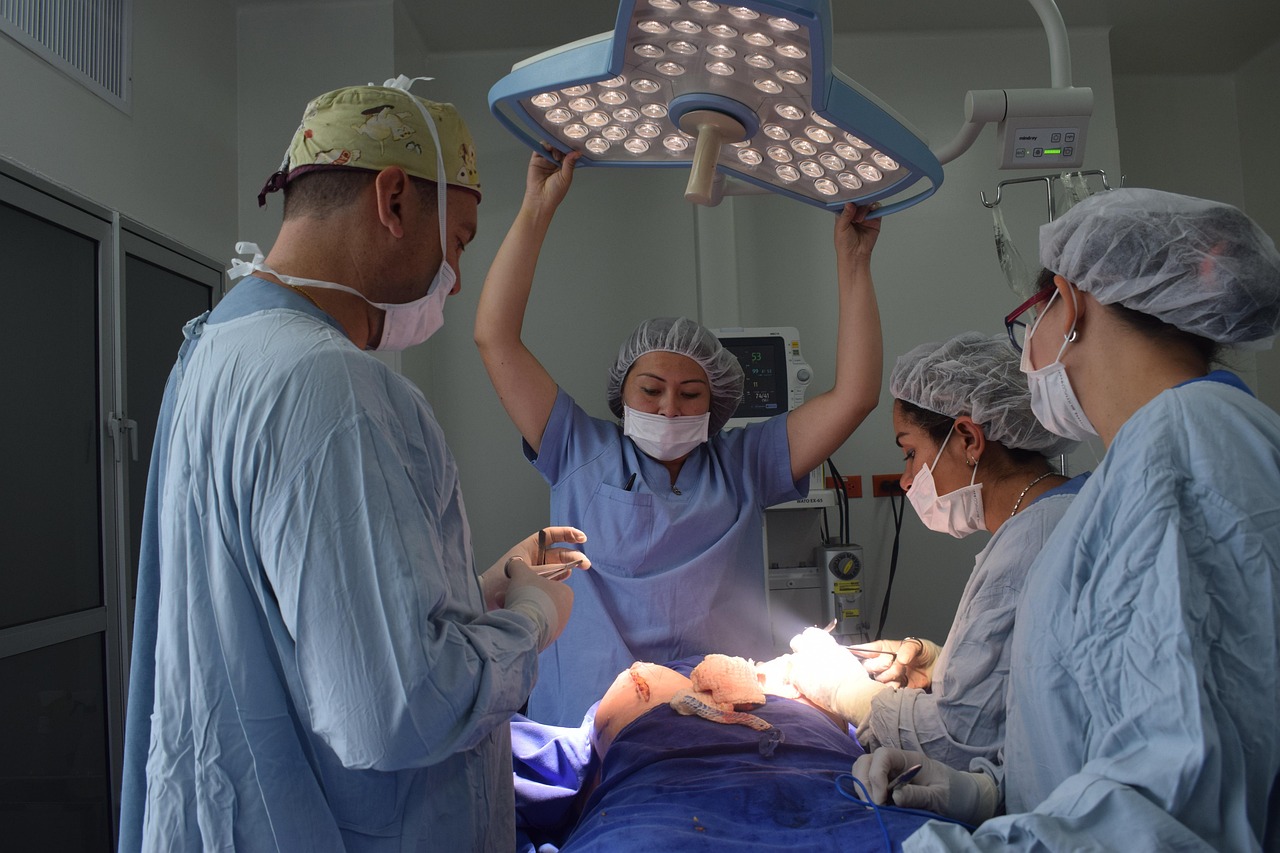Plastic Surgery Recovery: What No One Tells You
Many people seek transformation for various reasons, from enhancing their features to boosting self-confidence. But what happens after you go under the knife? The journey doesn’t end in the operating room. Recovery is a crucial phase that can be both surprising and challenging. You might have visions of waking up feeling fabulous, but reality often paints a different picture. Pain, swelling, and unexpected emotions can take center stage in those first few days post-surgery. And let’s not forget about the healing process itself—it’s more complex than many anticipate. From understanding what your body goes through immediately after surgery to tips on caring for scars and managing mental health shifts—let’s get real about what to expect as you embark on this new chapter of your life.
The First 72 Hours – Pain, Swelling & Emotions


Emotions can be just as overwhelming. One moment you may feel hopeful about your transformation; the next, anxiety or frustration can creep in unexpectedly. It’s all part of the healing journey—allow yourself to experience these feelings without judgment.
How Long Really Until You See Final Results?
After surgery, anticipation builds. You’re excited to see the new you. But patience is key. The journey to final results isn’t instant. Depending on the procedure, it can take weeks or even months for everything to settle down. Swelling diminishes slowly and skin adjusts over time. Some changes are immediately visible. The others? They hide beneath swelling and bruising. It might be hard not to compare your progress with before-and-after photos online, but remember that everyone heals differently. Factors like age, health conditions, and lifestyle play a significant role in recovery speed. Follow your surgeon’s advice closely — they know best how your body responds post-op.
Scar Care Tips Surgeons Don’t Always Share
Caring for your scars can significantly impact their appearance. Surgeons often provide basic instructions, but here are some lesser-known tips that may help. First, keep the area moisturized. This helps with healing and reduces dryness around the incision site. A quality silicone gel or cream can work wonders. Sun protection is crucial too. UV rays can darken scars, making them more noticeable over time. Always apply a broad-spectrum sunscreen to protect your skin from potential damage. Consider gentle massage as well. Once healed, massaging the scar tissue can increase blood flow and encourage collagen remodeling.


Mental Health After Surgery – The “Post-Op Blues”
It’s not uncommon to feel down or even anxious during recovery. You’ve just undergone a significant change, and with it comes an array of emotions. One minute you might feel hopeful about your new look; the next, frustration sets in over pain or limitations. This rollercoaster is entirely normal. Support systems play a crucial role here. Connecting with friends or family members who understand your journey can help ease feelings of isolation. Don’t hesitate to reach out if these feelings persist. Mental health matters just as much as physical healing does post-surgery. Recovering from plastic surgery is a journey that involves much more than just the physical healing of your body. Every individual’s recovery story differs based on personal circumstances, procedures performed, and overall health conditions. Understanding what lies ahead can help you navigate through both the good days and those tougher moments effectively.

